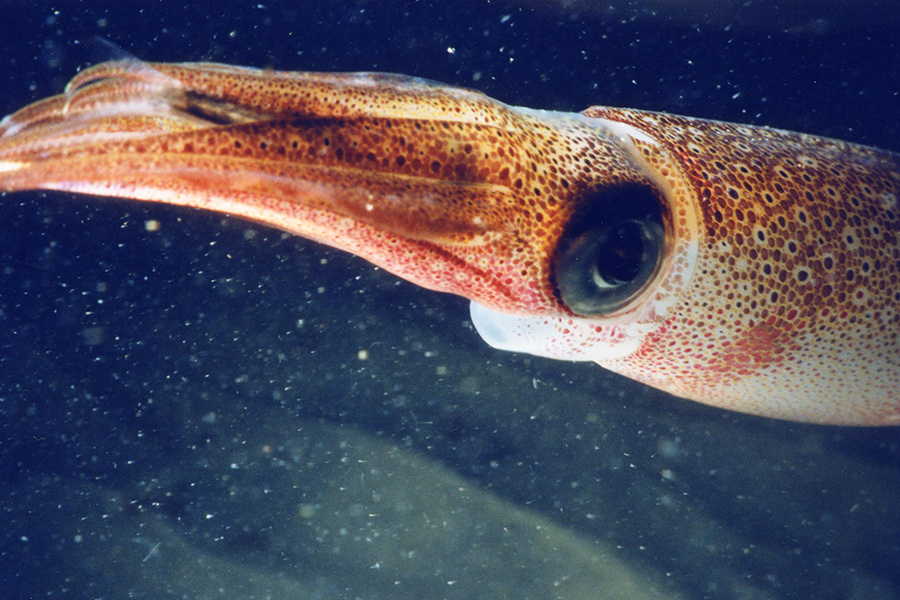The California squid fleet faced stiff tariffs, covid-crimped markets and a slow start to the season. Oceanic conditions, on the plus side, appear to have improved for the 2020 season.
“It’s been going OK,” says Diane Pleschner-Steele , executive director of the California Wetfish Producers Association, in Buellton. “I don’t think they’re setting the world on fire, but they’re catching.”
According to PacFIN, the 2020 harvest of squid for California, Oregon and Washington stood at around 42,000 short tons as of early July. Based on data from previous years, Pleschner-Steele adds that this year’s preliminary catch of 10,107 short tons for California (according to California Department of Fish and Wildlife as of June 26) and other oceanographic data suggests that the fishing grounds indeed felt the effects of El Niño conditions in 2018 and 2019.
With the pendulum swinging toward the middle in terms of long-term average ocean water temperatures and rainfall patterns — back toward ENSO neutral — squid production promises to rise.
“Conditions are turning in our favor,” says Pleschner-Steele.
Meanwhile, trade agreements with China — where about 80 percent of West Coast squid wind up — remain less than favorable. Two years ago, squid exported to China carried a 27 percent tariff, and last year the United States imposed an additional 25 percent for a total of 52 percent (value-added charges and duty combined). Whether those rates will see significant reductions anytime soon remains to be seen. In the meantime, that adds tremendous cost to importers wanting to bring product into China.
In 2019, U.S. exports of squid in various product forms to China added up to 10.27 million kilos for a value of $21.98 million.
Though the majority of West Coast squid are consumed in China, much of the remaining volume undergoes reprocessing and exportation from China to Europe in product forms that wind up in retail markets. Those markets have gone stagnant since the onset of the covid-19 virus.
The good news for the squid fleet is that ex-vessel prices for the 2020 season remain steady at just under $1,000 per short ton, according to data from fish and wildlife.







